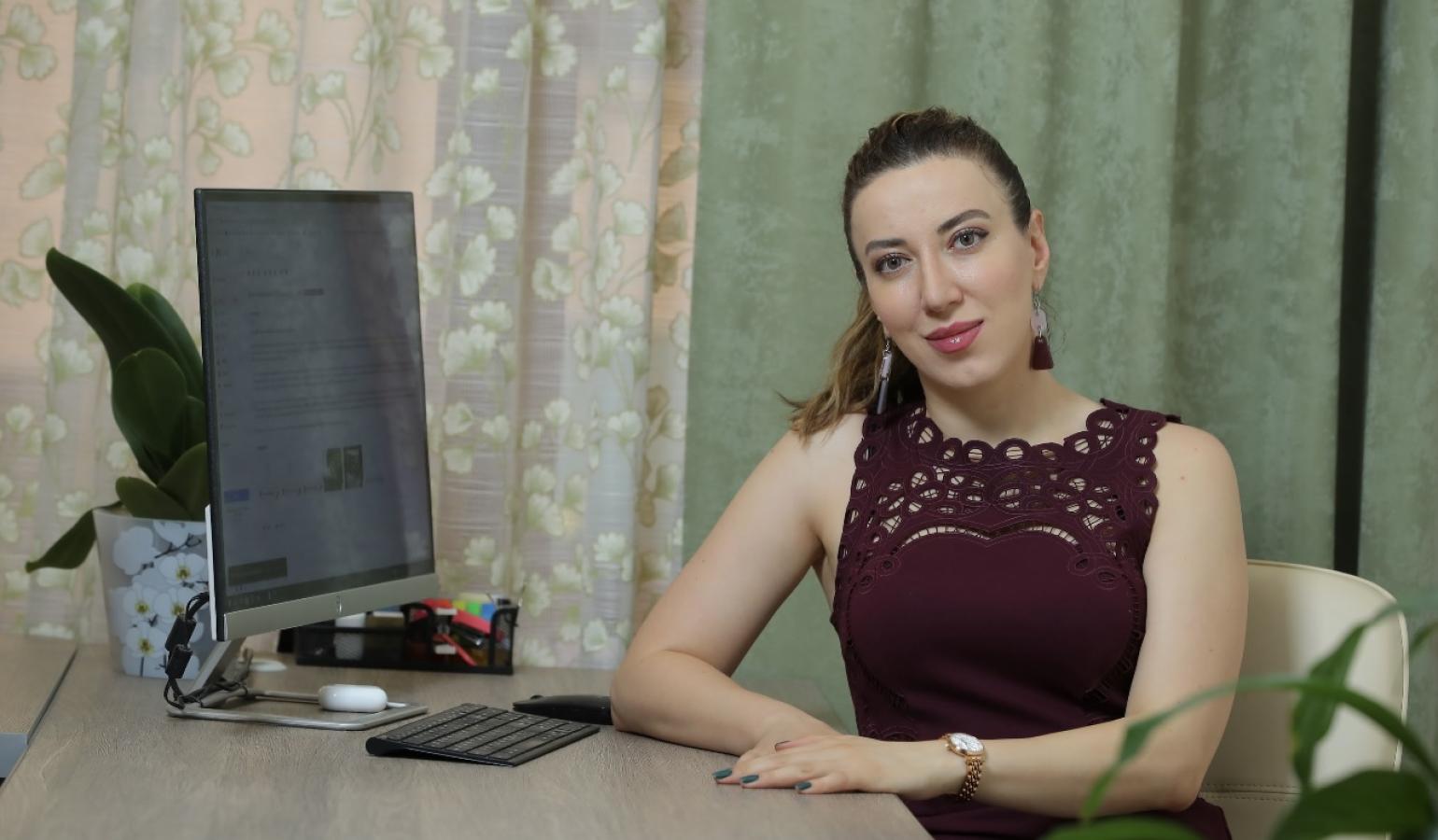
The trials of Artsakh military-political leadership took place in Baku on January 17. Siranush Sahakyan, head of the "International and Comparative Law Center," responded to questions from several Armenian media outlets regarding the trial proceedings, the anticipated verdicts, and the significance of the international community's reactions.
In an interview with “Azatutyun Radiokayan,” the human rights advocate once again noted that judicial acts are predetermined.
"They are accusatory judicial acts, with a choice of long-term or life imprisonment."
The interests of Armenian prisoners are represented in Baku by Azerbaijani public defenders. Ruben Vardanyan’s American lawyer has been and continues to be barred from entry to Baku. Vardanyan demands to be given the opportunity to familiarize himself and his lawyer with the case materials in Russian.
“Azerbaijani legislation allows exclusively the activities of lawyers accredited and licensed in Azerbaijan in criminal cases. In other words, we are dealing here not only with the lack of independence of the judiciary but also with the lack of access to independent, high-quality, and effective legal assistance,” said Siranush Sahakyan in an interview with “Civilnet.”
In another interview with "Azatutyun," Siranush Sahakyan stated that repatriated Armenian prisoners of war have reported facing pressure and mistreatment, including from lawyers. She noted that "numerous threats were made with the involvement of the lawyers themselves."
The charges are severe, and they are not only related to Ruben Vardanyan's case. Other members of Artsakh's military-political leadership also face the possibility of life imprisonment. The accusations primarily relate to terrorism, forced displacement, war crimes, crimes against humanity, illegal border crossings, and torture.
"The central focus is on terrorism—organizing, forming, and financing armed groups, as well as committing certain crimes with the involvement of these groups," Siranush Sahakyan emphasized in an interview with News.am. The human rights advocate emphasized the importance of active international engagement in this process. "The international community must respond to these violations by refusing to recognize the legitimacy of these trials or any acts resulting from them," said Sahakyan.
The human rights advocate expressed confidence that there will be international positions on the illegal nature of these trials, including from judicial and quasi-judicial bodies. "A legally binding stance will emerge, asserting that these trials did not meet the standards of a fair trial, and therefore, the judicial acts resulting from them cannot be recognized or enforced. Furthermore, international bodies will demand that Azerbaijani authorities review these unlawful judicial acts," the advocate stated in an interview with Alpha.news.
"These bodies do not function as fourth-instance courts and do not review the decisions made by Azerbaijani courts. However, they are authorized to establish that violations of the right to a fair trial occurred during the process of issuing these judicial acts, rendering the acts illegitimate under such circumstances," clarified Sahakyan.
The interview also touched upon the potential extradition of Armenian hostages. Siranush Sahakyan considers such a scenario as possible.
"In the case of a decision to release the prisoners, I do not rule out the possibility that extradition could be used as a mechanism—for instance, transferring 'criminals' to their country of citizenship for punishment. This is possible, and Azerbaijan may not simply release them outright but instead make a decision, under humanitarian or other considerations, to transfer the 'criminals' to Armenia to serve their sentences there," said Sahakyan.